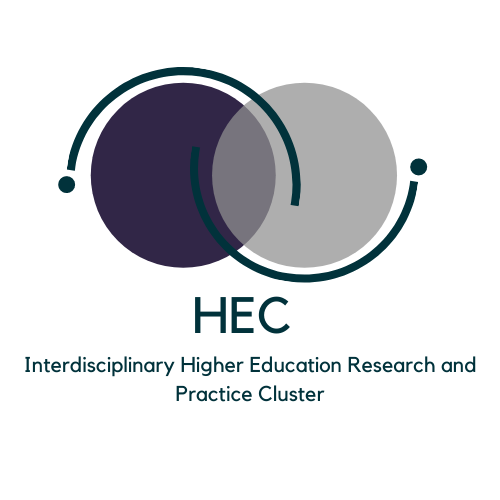Launch of New Interdisciplinary Higher Education Research and Practice Cluster

Against the backdrop of a challenging Higher Education environment, where issues have been compounded by the Covid-19 pandemic, over 40 colleagues from across the University met for the launch of the new Interdisciplinary Higher Education Research and Practice Cluster (or HEC for short!). This jam-packed event was facilitated by a team of colleagues from the Sheffield Institute of Education and Student Engagement, Evaluation, and Research (STEER).
Welcoming everyone to the event, Dr Jill Dickinson explained how this was an opportunity for bringing together colleagues and postgraduate students from all disciplines, at all stages of their careers, to develop research and practice-related opportunities under the overarching theme of Higher Education. These could include bids, projects, evaluations, outputs (including, but not limited to, those that are REF-related), knowledge exchange (both across the University and with external organisations), research-enriched learning, and professional development. She also thanked Kiran Mahmood, a Graduate Intern within STEER, for her administrative support for the event, and for creating the logo for the Cluster.
Helen Parkin then identified illustrative examples of activities that members of the Cluster may be interested in taking forward. These included writing-related events, peer-review, training and development (for example in conjunction with Research and Innovation Services around bid-writing and project management), seminar series, internal/external facing, showcase events, mentoring, and reading groups.
Professor Colin McCaig, a specialist in Higher Education policy, discussed the wider policy context of the sector and highlighted opportunities for research and practice in this field during this period of turbulence in relation to funding and the nature of the future HE student body.
The University’s Pro Vice-Chancellor for Research and Innovation, Dr Lisa Mooney, then gave a thought-provoking talk about the nature of interdisciplinarity, and its potential for developing collaborative innovations. Dr Andrew Morrison closed the plenary discussions by giving examples of some of the research he had been involved in within this area.
The group then moved into break out rooms to continue their discussions, from which a variety of key themes emerged. These included: widening participation, work-based learning and employability, the student lifecycle, and interventions with impact. Closing the event, the team encouraged colleagues to share their thoughts and ideas for taking the Cluster forward via a google survey that they would be circulating.
Speaking about the event, Dr Christine O’Leary, Subject Group Lead for Languages and Cultures, notes that
‘the cluster will provide a welcome opportunity for colleagues involved in all aspects of HE research to share practice and collaborate both internally and externally’.
The University’s Head of Work-Based Learning, Sam Moorwood, comments how he has
‘always been passionate about multidisciplinary practice, because that is how change is shaped in the world… my breakout group was so positive!’
The team have put together the following survey:
to encourage people to share their thoughts about the various opportunities for taking the Cluster forward, and they’re really looking forward to working with everyone to developing the Cluster’s programme from there. It’s definitely a case of watch this space!
For more information, please contact jill.dickinson@shu.ac.uk, a.morrison@shu.ac.uk or h.j.parkin@shu.ac.uk.
